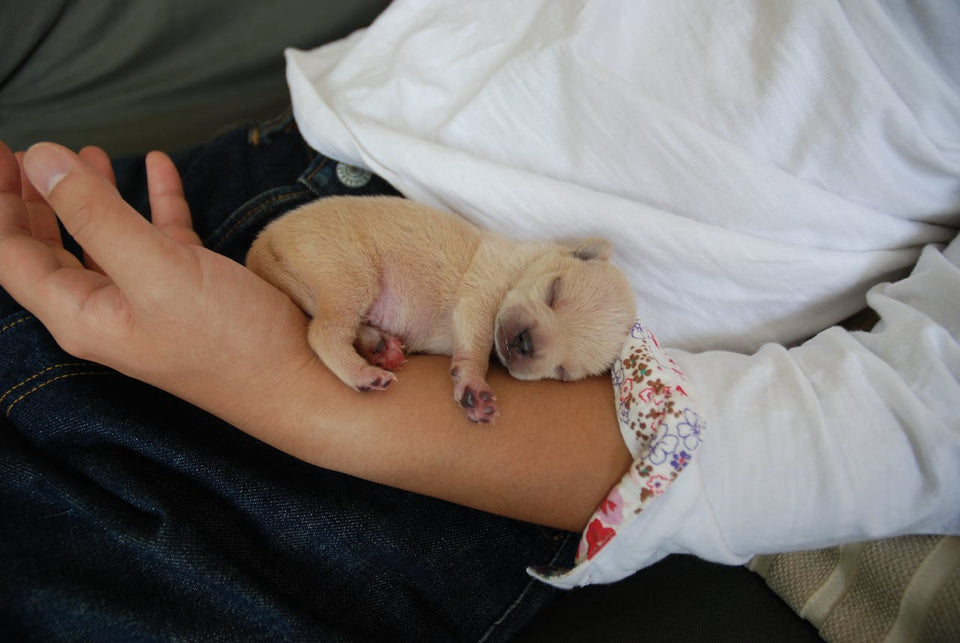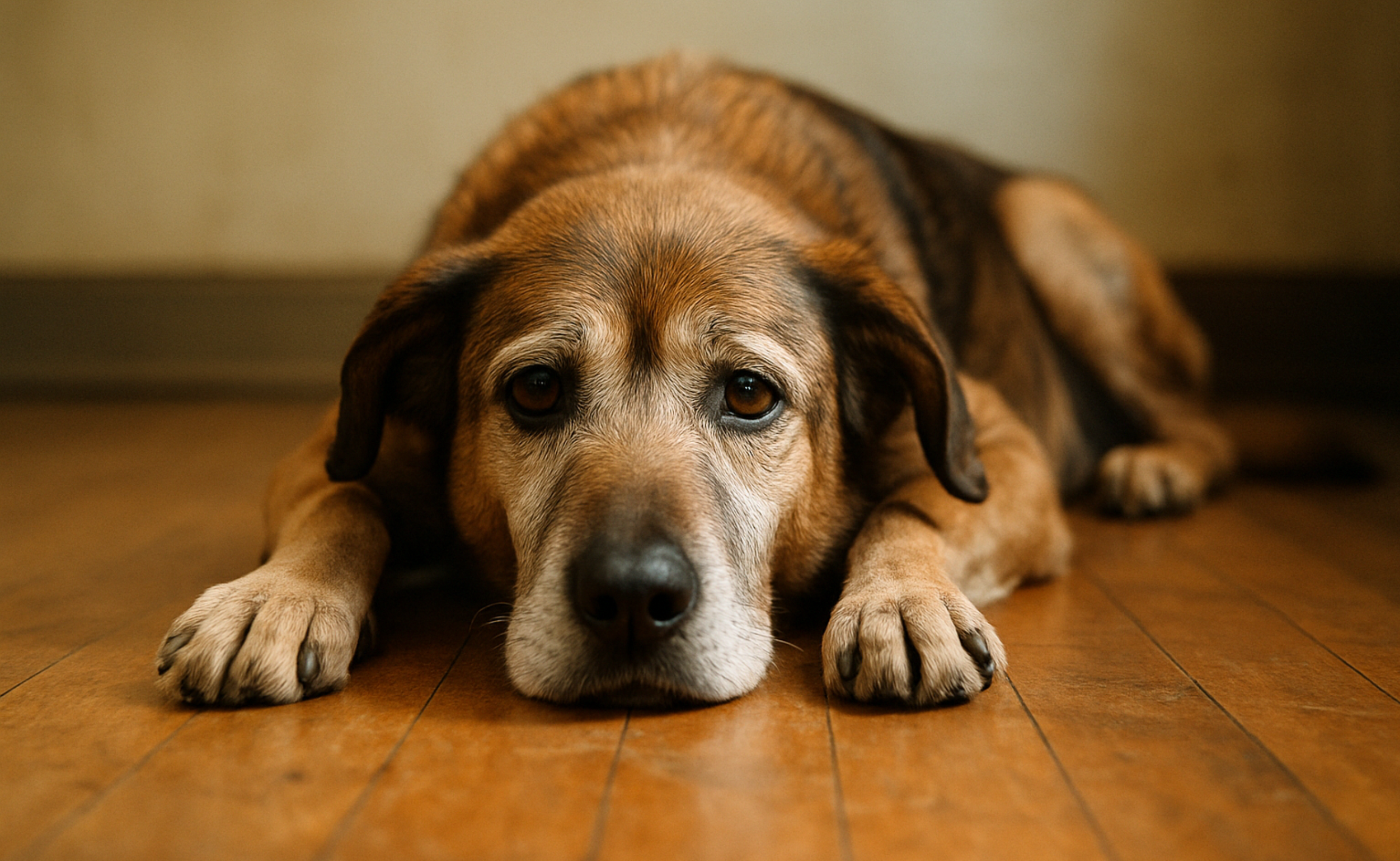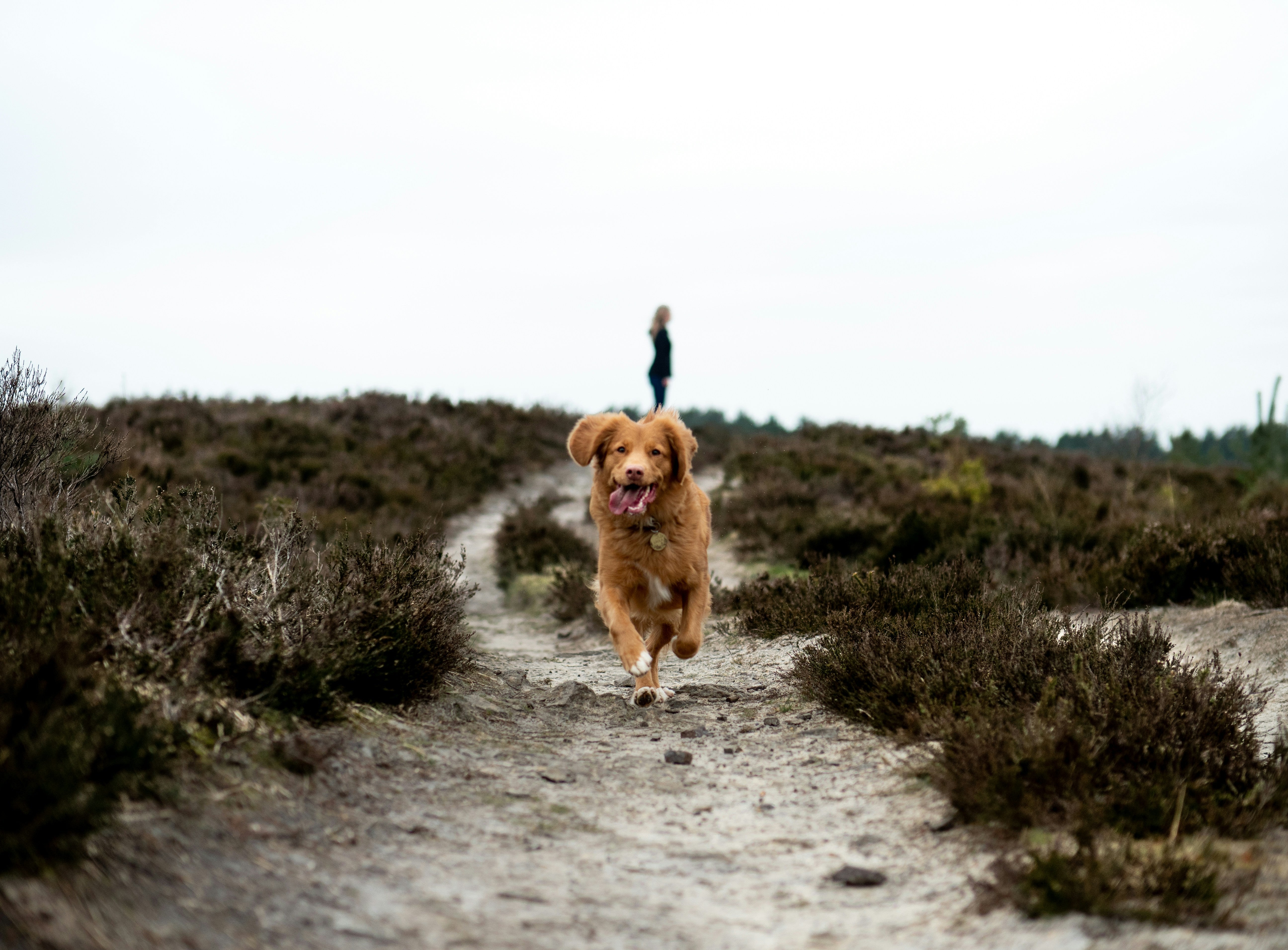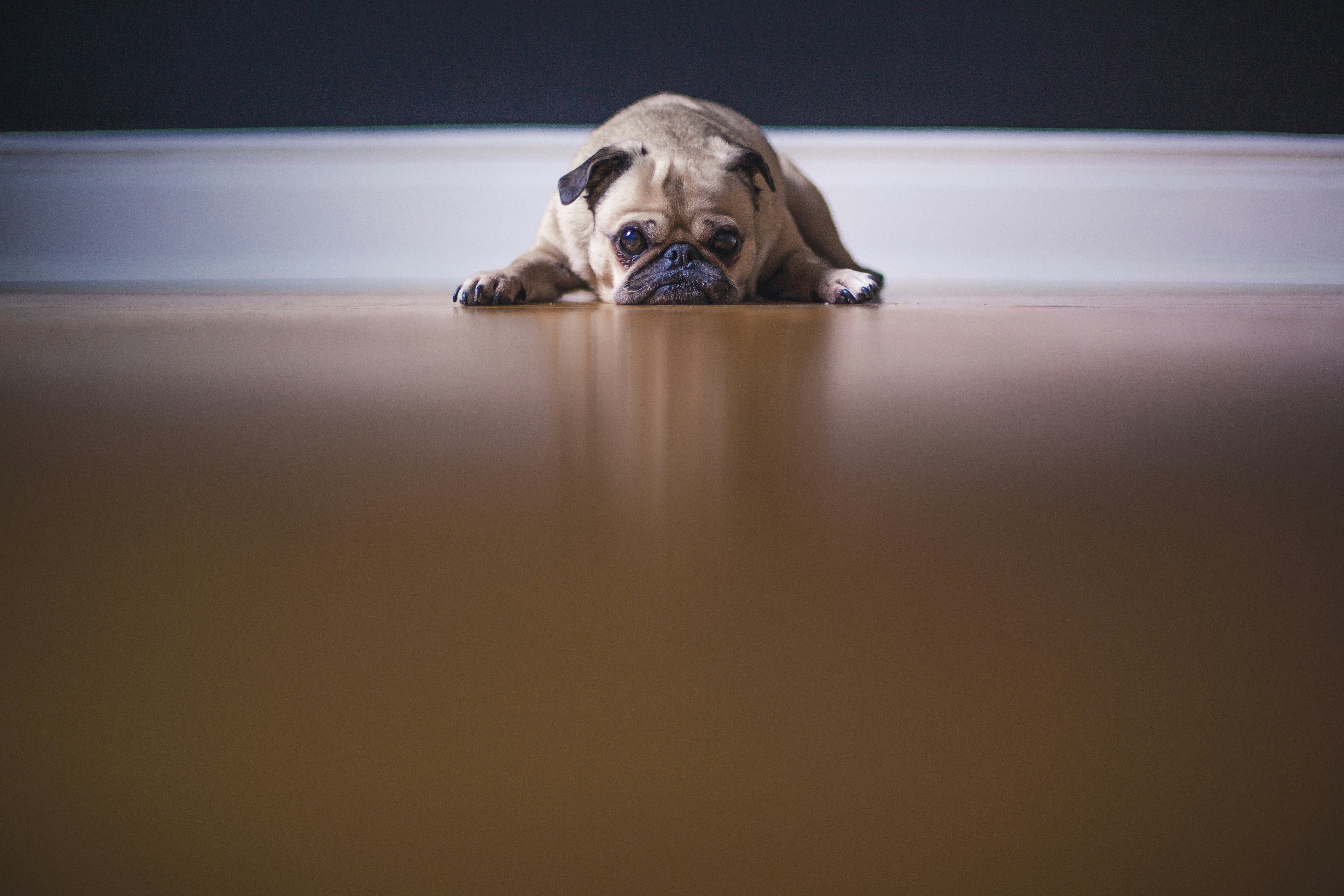Understanding Why Your New Pup is Sleeping So Much

Bringing a new puppy into your home is an exhilarating experience filled with joy, laughter, and, of course, a fair share of surprises. One of the most common observations new puppy parents make is just how much their little furball sleeps. It might seem as though every time you turn around, your lively puppy has once again curled up for another nap, leaving you wondering if such extended periods of sleep are typical or if there might be an underlying issue you should be aware of.
Rest assured, puppies are much like human babies in many respects, and their need for substantial sleep is paramount to their growth and development. But what drives this seemingly insatiable need for slumber? How does it benefit their physical and cognitive maturation? And are there any particular sleep patterns or habits you should be aware of? This article delves into the fascinating world of puppy sleep, shedding light on the reasons behind their frequent snoozing and providing guidance on ensuring their rest is as beneficial as possible. If you're eager to understand the sleep habits of your new four-legged family member better, keep reading for a comprehensive insight.
The Role of Sleep in a Puppy's Growth
Sleep is pivotal in ensuring the robust physical and cognitive growth of puppies. During these formative months, their tiny bodies undergo rapid growth, demanding a substantial amount of energy and rest. As they snooze, their body might be working overtime, repairing tissues, building muscles, and aiding in the overall growth process. Similarly, for their cognitive development, those short naps after a learning session, like understanding a new command, can potentially help in consolidating the information. Studies show that rest plays a vital role in memory retention, and this is as valid for puppies as it is for humans.
Furthermore, puppies explore a plethora of new experiences every day. From deciphering the sounds of household appliances to meeting new faces, their little brains are constantly processing new information. Sleep offers them the opportunity to process and store this deluge of experiences, ensuring they learn from them and adapt accordingly. A well-rested puppy is likely to be more receptive to training and might exhibit a quicker learning curve.
Discover unmatched tranquility for your furry friend with our Waterproof Throw Blankets. Seamlessly blending plush comfort with cutting-edge spill-resistance, this blanket epitomizes the pinnacle of pet luxury.
How Sleep Patterns Change Over Time
Much like human infants transition from almost constant sleep to more regulated patterns, puppies too show a similar trajectory. Initially, they might seem to be in perpetual slumber, waking only for brief periods of activity. However, as they grow, their active intervals lengthen and sleep durations reduce. Typically, as the provided reference indicates, a young puppy might sleep anywhere from 18-20 hours a day. As they transition into adulthood, this reduces, with mature dogs averaging about 14 hours of sleep daily.
Also, it's worth noting that while puppies might sleep for extended periods, the nature of their sleep is different. Puppies spend a lot of time in deep REM sleep, which is crucial for their cognitive and physical development. As they grow older, the proportion of time they spend in this deep sleep stage might reduce. This change in sleep architecture is a testament to the evolving needs of the dog as it matures.
Monitoring Puppy Sleep and Activity
While it's natural for puppies to spend a large part of their day sleeping, it's also crucial for pet parents to ensure their puppy is getting quality rest and is active when awake. Observing your puppy during its waking hours is a reliable way to gauge its health and energy levels. A playful, energetic demeanor when awake typically indicates that they are getting adequate rest. However, if they seem lethargic or disinterested in play during their active periods, it might be a sign that something's amiss.
Modern technology has simplified the process of monitoring a puppy's activity. Certain monitor devices can provide valuable insights into a dog's daily routines, helping pet owners understand their pup's sleep patterns, playtime, and overall activity levels. Such insights can be instrumental in adjusting routines, ensuring the pup gets the right balance of play and rest.
Related Link: Why Does My Dog Walk in Circles? Top 3 Reasons
Setting Up A Sleep-Conducive Environment
Just as humans have specific preferences for a comfortable sleeping environment, puppies too benefit from a well-defined, peaceful space dedicated to rest. Creating a designated sleep area ensures that the puppy associates that spot with relaxation, making it easier to coax them into resting after a play session. An ideal setup would be a dog crate adorned with a comfortable bed, maybe even draped with blankets to block out excessive light.
Moreover, to make sure your puppy finds this space appealing, it's beneficial to create positive associations with it. Occasional treats or familiar toys in this area can make the pup more inclined to retreat there when it feels the need for a nap. This not only establishes a routine but also gives pet parents some respite, knowing their fur baby has a serene space to rest in.
Adapting to Your Puppy’s Evolving Sleep Needs
While setting up routines is beneficial, it's equally vital to remain flexible and attentive to the changing needs of your growing pup. As they mature, their energy levels rise, and the once frequent napping sessions might become less regular. This gradual shift necessitates adjustments in their daily routine. For instance, the post-play nap after an evening game might become shorter or even unnecessary.
Furthermore, as the pup grows more familiar with its environment and routine, it'll begin to self-regulate its sleep more efficiently. Pet parents might find that their canine companion starts retreating to its designated sleep spot without any prompting. This self-regulation is a positive sign, indicating the pup's comfort and familiarity with its surroundings.
Crafted to shield against unexpected spills and to cradle your pet in coziness, try one of our Waterproof Throw Blankets.
Understanding Your Puppy’s Sleep
Sleep plays an indispensable role in the growth and development of puppies. It's a crucial component that aids not only in their physical maturation but also in cognitive development. By understanding and catering to their sleep needs, pet parents can ensure that their furry friends grow up to be healthy, well-adjusted adults.
Related Link: How to Transition Your Dog from Crate to Bed
Share this article
written by


